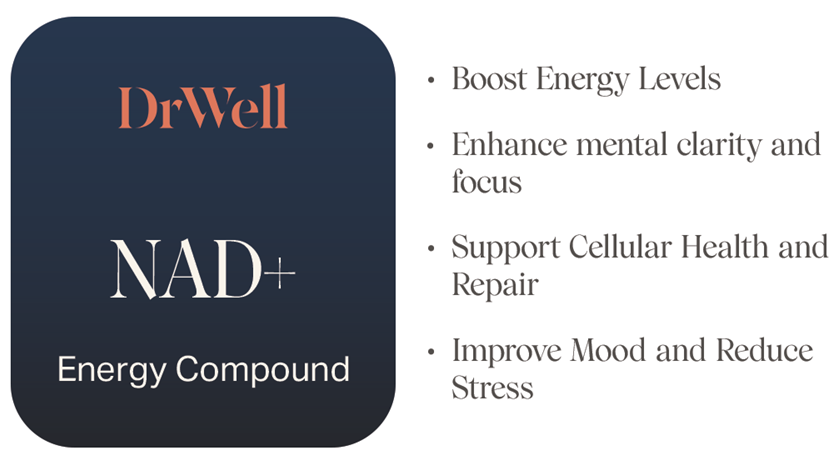
It’s that time of year again for plastic surgeons and other cosmetic physicians: running specials! And even though it’s tempting, try to avoid them. Don’t get me wrong, specials aren’t the most awful thing a doctor can do. But if they’re run too often, or their timing is too predictable, then the patient loses that sense of urgency and will wait until the next time there’s a special deal afoot. Instead of offering a special, offer commitment instead!
A substitute to specials
The purpose of specials is to generate interest in services at a time when business is expected to slow down. This in turn will keep revenue flowing. So rather than intermittent sales and promotions to keep cash flow from bottoming out, motivate consumers in a way that requires a commitment from them in the long run.
What do I mean? Let’s demonstrate by example. In our office, we have two ways of offering consumers a “special” without running specials. These offerings are an exchange of benefits between provider and consumer. A typical one-off special incurs no loyalty. The doctor offers a special, the consumer takes advantage of it and the former patient has no reason to darken the doorway of the practice until another deal is run.
Generating commitment from a patient
So we offer a benefit for prospective surgical and non-surgical patients that also benefits the office. First, the non-surgical patients. Instead of providing a special that incurs no long-term commitment, we utilize a subscription system to maintain recurring revenue for non-surgical services. With a subscription or membership, the differences explained here, the consumer receives discounted benefits but only with a monthly ongoing financial commitment.
For surgical patients, we utilize a similar game plan. As discussed here, most offices allow patients to book a surgical procedure by only leaving a deposit. But this requires the office staff to follow-up two weeks prior to surgery and attempt to collect the balance. Collecting the remaining balance is never as easy as expected. It usually ends up with additional awkward conversations about cost, prolonged games of phone tag and potential postponement of procedures.
To minimize this, we give patients a discount on the surgical procedure if they book and pay in full at the time of consultation. 72% of our patients now book and pay in full at the time of consultation. They’re incentivized to do this because 1) they know cost ahead of time and 2) can get their finances in order by the time they come in for a consultation and 3) they receive a discount for doing so. The consumer receives the benefit of a discount on their procedure and we receive the benefit of reducing the amount of time spent trying to collect a balance. What could your office staff do if they could shift 72% of their time from one frustrating task to a more productive one?!
Using these techniques builds a financially loyal patient base that offers reciprocal benefits for both patient and practice.




